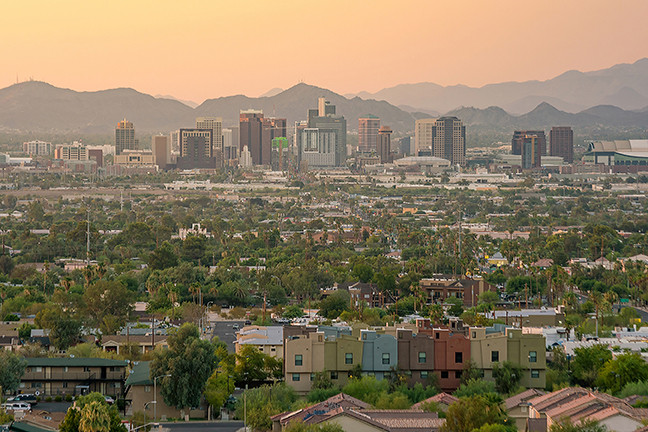 A city of Phoenix evaluation team is recommending plastics-to-fuel company Renewlogy be selected to operate a diversion program recovering post-consumer No. 3-7 plastics.
A city of Phoenix evaluation team is recommending plastics-to-fuel company Renewlogy be selected to operate a diversion program recovering post-consumer No. 3-7 plastics.

 A city of Phoenix evaluation team is recommending plastics-to-fuel company Renewlogy be selected to operate a diversion program recovering post-consumer No. 3-7 plastics.
A city of Phoenix evaluation team is recommending plastics-to-fuel company Renewlogy be selected to operate a diversion program recovering post-consumer No. 3-7 plastics.
 This is just what the doctor (and the plastics reclaimer) ordered: a guide that lays out the value of resins recovered from hospitals.
This is just what the doctor (and the plastics reclaimer) ordered: a guide that lays out the value of resins recovered from hospitals.
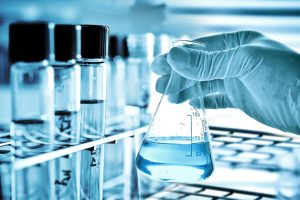 Plastics producer Eastman is developing a polyester depolymerization technology, and the company aims to incorporate it into a commercial-scale facility in the next few years.
Plastics producer Eastman is developing a polyester depolymerization technology, and the company aims to incorporate it into a commercial-scale facility in the next few years.
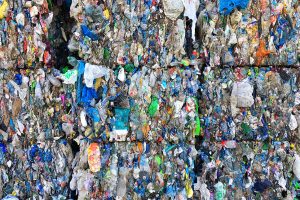 Merlin Plastics and Peninsula Plastics Recycling are making substantial investments in mixed-plastics processing capacity, bringing positive news for a region hard hit by China’s ban.
Merlin Plastics and Peninsula Plastics Recycling are making substantial investments in mixed-plastics processing capacity, bringing positive news for a region hard hit by China’s ban.
 Backers of a plastics-to-fuel project in Indiana announced they are preparing to break ground on a $260 million commercial-scale facility.
Backers of a plastics-to-fuel project in Indiana announced they are preparing to break ground on a $260 million commercial-scale facility.
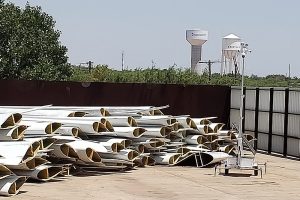 Wind turbines generate clean and renewable power, but when their blades reach end-of-life, the options – burning or landfilling – aren’t so green.
Wind turbines generate clean and renewable power, but when their blades reach end-of-life, the options – burning or landfilling – aren’t so green.
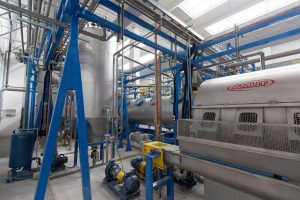
A new recycling line will help produce food-contact RPET from just about the dirtiest source around: bottles picked from landfills.
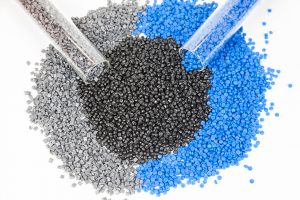 A compounder has introduced a new engineering-grade pellet that contains up to 50% recycled content.
A compounder has introduced a new engineering-grade pellet that contains up to 50% recycled content.
